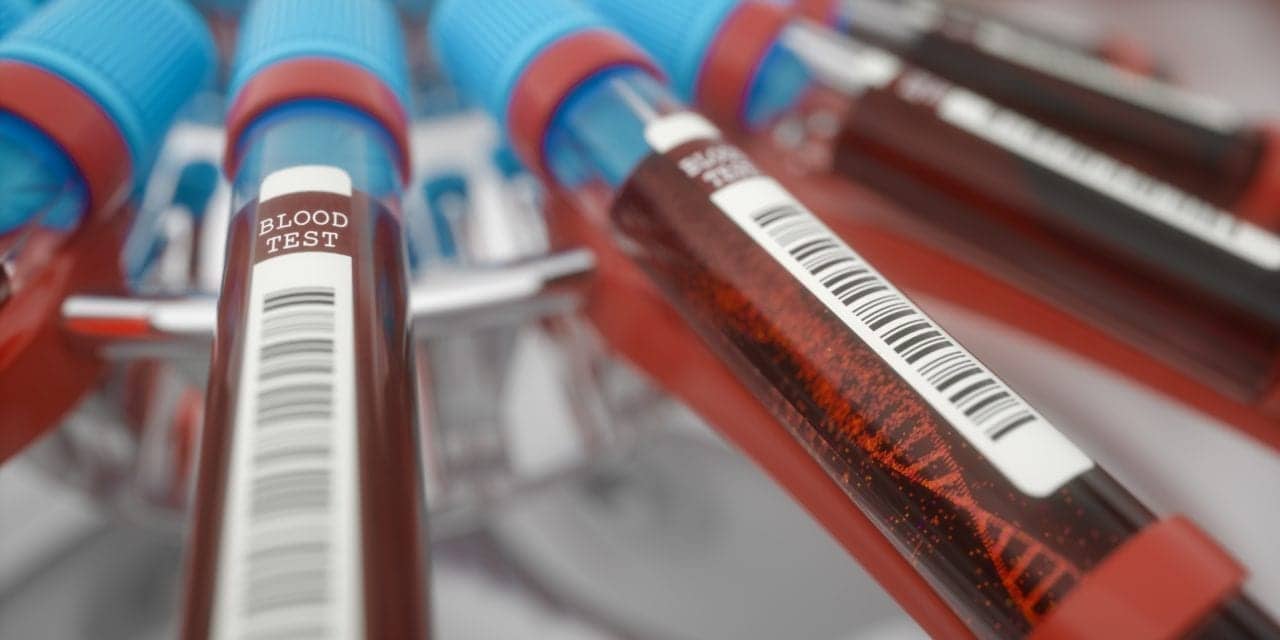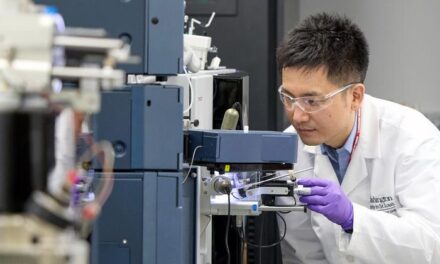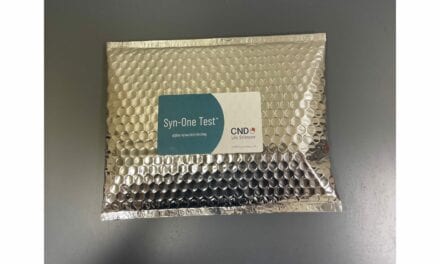Blood tests show promise in diagnosing Alzheimer’s with less cost and less burdensome procedures, and could be used to identify patients for trials of potential drugs, reports Scientific American.
For much of the past century, a definitive Alzheimer’s diagnosis could only be made during an autopsy. Brain imaging and spinal fluid tests now make it possible to spot the disease in patients even before the initial symptoms appear. But these invasive tests are expensive and generally limited to research settings that are not part of routine care for the millions of people suffering from the most common neurodegenerative disorder.
Last fall, a blood test developed by C2N Diagnostics in St. Louis, Mo., became available to most of the U.S. as a routine lab test—regulated under the CMS Clinical Laboratory Improvement Amendments (CLIA) program. It has also received a CE mark as a diagnostic medical device in the European Union—indicating it has met safety, health and environmental protection standards for the region.
Read more in Scientific American.





